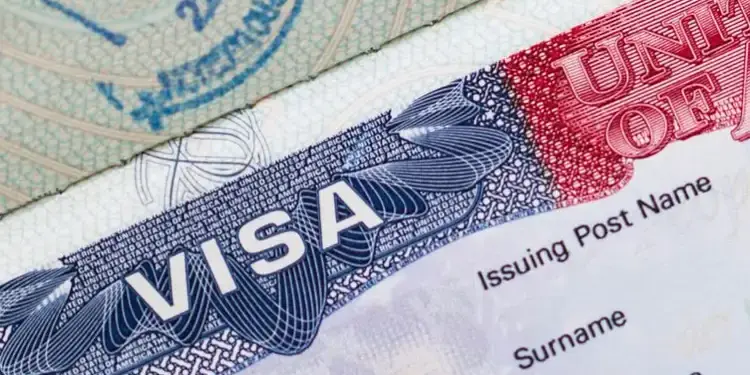In a decision on the world’s repercussions, the US administration has ordered the immediate suspension of visa treatment for foreign students. This measure is part of a migration hardening policy relaunched since Donald Trump’s return to the White House, and is accompanied by reinforced control over the social networks of the applicants.
The US State Department has transmitted clear instructions to embassies and consulates: no more appointments will be granted for requests for student visas or exchange, pending new directives imposing a systematic examination of the digital activity of candidates.
An offensive that directly targets Harvard
At the heart of this decision: Harvard University, accused by the White House of fueling speeches deemed too radical and of showing complacency with regard to anti -Semitism. Washington also accuses him of maintaining supposed ties with the Chinese Communist Party. Result: the Trump administration has announced that it wanted to break all federal contracts with the university and prohibit the establishment from welcoming new foreign students.
This decision comes when a demonstration recently brought together several hundred students on the Cambridge University campus, to defend academic freedom and denounce the political instrumentalization of universities.
Already targeted foreign students
According to several sources, hundreds of visas have already been canceled since the beginning of 2025, notably against students who participated in demonstrations in support of the Palestinian cause. Some were arrested, others threatened with expulsion, despite their regular stay on American soil.
The measure particularly worries the Maghreb students, many of which aspire each year to continue their studies in the United States. Several Tunisian students in the process of visa are now found in an impasse.
Temporary suspension by justice
A federal judge, however, ordered a provisional suspension of the decision aimed at withdrawing from Harvard its SEVIS (Student and Exchange Visitor Information System) certification, essential to accommodate foreign students. A crucial hearing is scheduled for Thursday, May 29, the day of the graduation ceremony, and may influence the maintenance of the measure or its cancellation.
International reaction
China has strongly criticized this American offensive, calling it “discriminatory act” and “political manipulation”. Beijing denounces a campaign which aims to weaken influential educational establishments and to restrict the access of foreign students to American higher education.
For many Tunisian students in search of academic excellence, the United States remains a privileged destination. But this suspension calls into question years of personal efforts and preparation, in a global context already weakened by geopolitical tensions.








